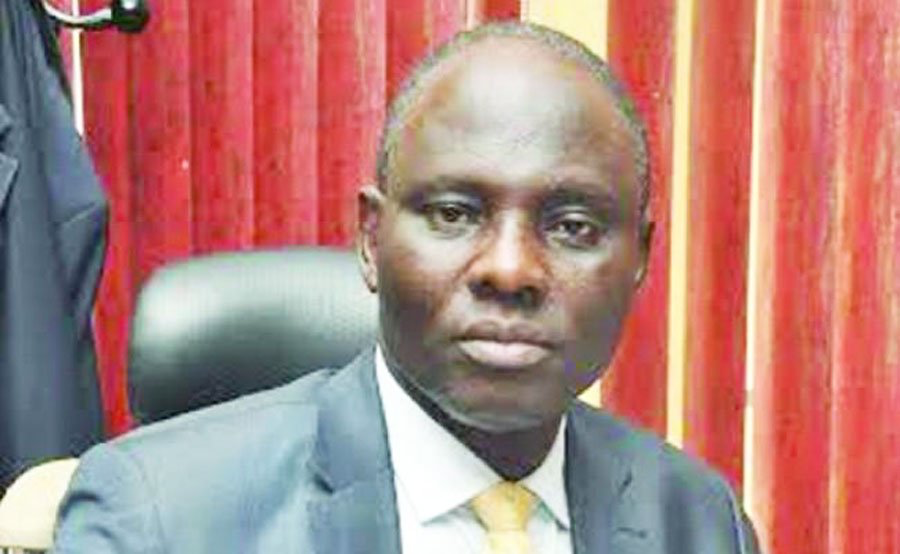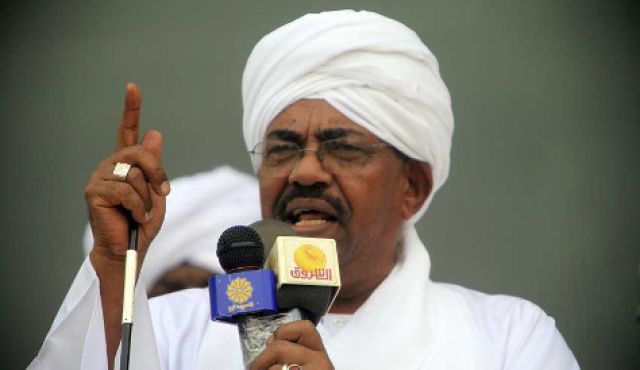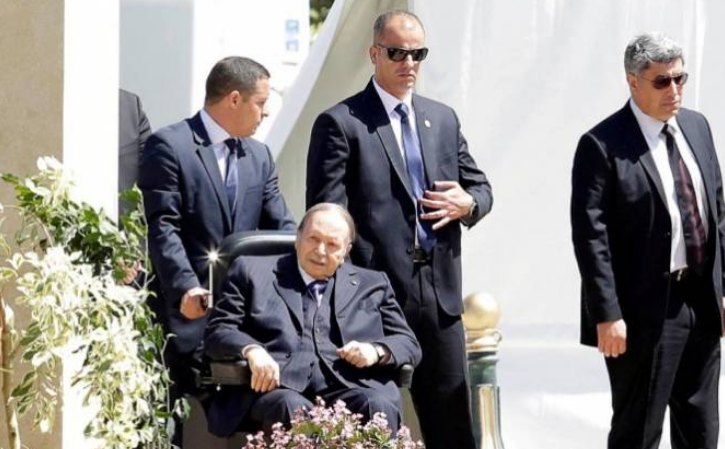Sitting Presidents will no longer enjoy immunity from criminal matters if the alteration being proposed to the 1999 Constitution by the Senate sails through.
Also to be affected are Vice-Presidents, governors and their deputies. This followed the second reading of a Bill titled: “A Bill for an Act to alter the provisions of the Constitution of the Federal Republic of Nigeria, 1999 to qualify criminal liability for certain public officers under Section 308”.
The bill sponsored by Deputy Senate President, Ovie Omo-Agege,contains the proposal.
The explanatory memorandum of the bill states: “This act provides for qualification of the immunity clause to exclude immunity for Public Officers referred to in Section 308 from criminal liability where the offence involves misappropriation of funds belonging to the Federal, State or Local Government and also the use of thugs to foment violence.”
Section 308 of the 1999 Constitution (as amended) reads: “(1) Notwithstanding anything to the contrary in this Constitution, but subject to subsection (2) of this section –
“(a) no civil or criminal proceedings shall be instituted or continued against a person to whom this section applies during his period of office;
“(b) a person to whom this section applies shall not be arrested or imprisoned during that period either in pursuance of the process of any court or otherwise; and
“(c) no process of any court requiring or compelling the appearance of a person to whom this section applies, shall be applied for or issued:
“Provided that in ascertaining whether any period of limitation has expired for the purposes of any proceedings against a person to whom this section applies, no account shall be taken of his period of office.
“(2) The provisions of subsection (1) of this section shall not apply to civil proceedings against a person to whom this section applies in his official capacity or to civil or criminal proceedings in which such a person is only a nominal party.
“(3) This section applies to a person holding the office of President or Vice-President, Governor or Deputy Governor; and the reference in this section to “period of office” is a reference to the period during which the person holding such office is required to perform the functions of the office.”
Read Also: Insecurity: Senate panel gets seven days to submit report
But Omo-Agege’s bill provides that a President, Vice-President, Governors and Deputy Governors shall lose their immunity if they are investigated by security and anti-graft agencies, including the courts.
The bill seeks that: “Section 308 of the Principal Act is altered by (a) Substituting for subsection (2), a new subsection “(2)” –
“(2) The provisions of subsection (1) of this section shall not apply –
“(a) to civil proceedings against a person to whom this section applies in his official capacity or to civil or criminal proceedings in which such a person is only a nominal party; and
“(b) to persons who hold the office of Vice-President, Governor or Deputy Governor, if it is determined either by the Economic Financial Crimes Commission, Independent Corrupt Practices Commission, Nigerian Police and State Security Service through a collaborative investigation that the said person is indicted by a court of competent jurisdiction for:
“(i) Financial misappropriation of funds belonging to the Federal, State or Local Government; or
“(ii) Sponsoring of thugs to perpetrate violence that cause injury or death of political opponent, a member of his family, agent or personal representative.”
Also yesterday, a bill which prescribes a degree certificate as a minimum qualification for any one aspiring to the Office of the President also scaled second reading.
Senator Istifanus sponsored the bill titled: “A Bill for an Act to alter the provisions of the Constitution of the Federal Republic of Nigeria, 1999 to provide for the amendment of Sections 65 (2) (a), 131 (d), Section 106 (c) and Section 177 (d) therein, to provide for minimum qualification for election into the National and States Assembly, Office of the President and Governors, and other related matters, 2020.”
The bill seeks to alter Section 131 (d) of the 1999 Constotution which deals with minimum requirements for anyone running for the office of the President.
Section 131 (d) of the 1999 Constitution (as amended) states that the person seeking the office of the President must have “been educated up to at least School Certificate level or its equivalent.”
The states: “Section 131 (d) is now rephrased to read: ‘He has been educated up to at least HND level or’ its equivalent.”
It also seeks to alter Section 65 (2) (a) of the Constitution which deals with the qualifications for intending members of the National Assembly.


